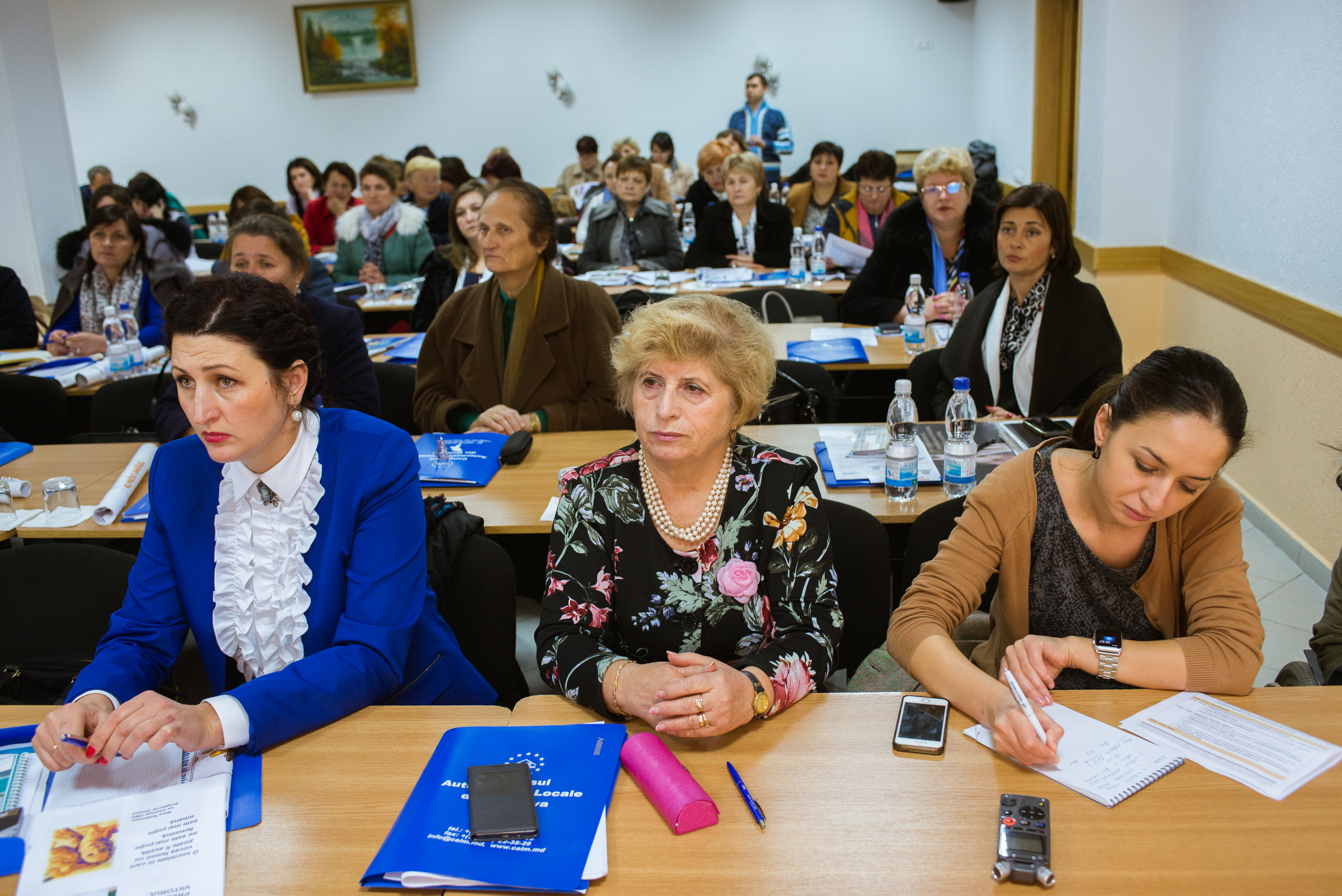Significant progress in gender representation in the 2023 local elections, but also deviations in the application of the double quota system
December 4, 2023

The Partnership for Development Centre (CPD) has released a report on gender representation in district/municipal/local councils in the 2023 local elections. This analysis, entitled "The triumph of the double quota system or how we have achieved fair representation. A study on the representation of women and men in councillor positions", was developed in partnership with the Civic Coalition for Free and Fair Elections, with the support of the Swiss Agency for Development and Cooperation (SDC), IM Swedish Development Partner Lund Moldova, UN Women and UNDP Moldova.
The report highlights important issues related to the balance of representation of women and men in decision-making structures in the first and second level administrative units.
Following the monitoring of the equitable representation of women and men in the 2023 elections, the CPD highlights notable progress in terms of the equitable participation of women and men in the electoral process. It also notes certain deviations in the application of the legislative provisions on the double quota system, namely the minimum representation quota of 40% for both sexes and the provisions for placement on the lists of candidates. The authors of the study find that:
- In the 2023 local elections we are getting closer to a 50/50 representation of women and men candidates in the electoral process. The share of women among candidates for district/municipal councillors is 45.3% and 47.2% among candidates for local councillors, which is an increase of more than 15% compared to the 2015 election and more than 2% compared to the 2019 election for district/municipal councillors. It's also an increase of about 12% compared to 2015 and 1.4% compared to 2019 for local councillors.
- The majority of women councillor candidates are nominated by political parties, while those who decided to run independently were more likely to run for local councillor (21.9%, compared to 9.1% who ran independently for district/municipal councillor).
- Under the pressure of legal requirements, political parties nominated at least 40% women on their lists of candidates for councillor. In the case of district/municipal councils, all parties included more than 40% women on their lists of candidates, and in the case of local councils, most political parties exceeded the threshold of 45% women nominated for local councillor.
- Women ran for councillor and were predominantly elected in smaller communities. In district/municipal councils, the share of elected women councillors is 33.3%, while in local councils 40.3% women were elected. This can be explained by the specific dynamics of smaller communities, where access to administrative functions may be more open to young people and women. Political and social opportunities may be more visible in these environments, thus providing more space and support for representation of young people and women in local decision-making.
- Young people are under-represented among elected councillors. Young people aged 18-34 make up only 10% of all councillors at district/municipal level and 12% at local level. Young people elected as district/municipal councillors are more likely to be found in the municipalities of Balti (31.4%) and Chișinău (29.4%). At the level of local councils, Chișinău remains in the lead with 25.5% young people and the city of Ialoveni with 22.5%.
- Women are placed in less eligible positions in the lists of candidates, occupying the last places in the deciles. In the first decile, only 18% of the total number of candidates for the position of councillor in district/municipal councils are women and 32% in the case of local councils.
- In the 2023 local elections there were violations of the provisions on the double quota system. Violations are noted with regard to the nomination of both women and men on candidate lists. In the case of district/municipal councils, 31% of all candidate lists showed violations of the double quota system (of which 4% favoured men and 27% women). At local council level, 9.4% of all candidate lists were found to have deviated from the legal provisions, of which 4.6% were against women and 4.8% against men.
UNDP has supported similar analyses for the 2014 parliamentary, 2015 local general, 2016 presidential, 2019 parliamentary and 2019 local general elections, 2020 presidential and 2021 early parliamentary elections.

 Locations
Locations



